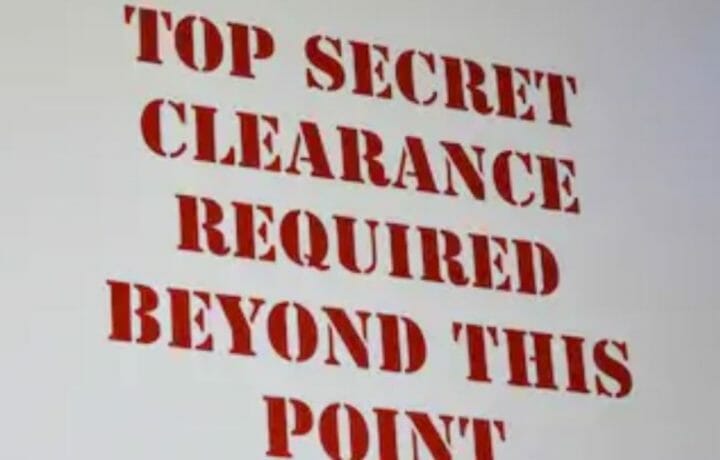Pre-Investigation Planning – You Don’t Have to Play the Cards You’re Dealt
As a security clearance attorney, I frequently see applicants who decide to start taking the security clearance process seriously too late in the game. Perceived cost is the primary rationale for failing to consult an attorney before submitting the SF-86/85P. This is ironic in light of reality: it typically costs pennies on the dollar for me to prevent problems for an applicant as opposed to cleaning them up once the clearance has already been denied.
As you may know, the security clearance process is comprised of two phases: the investigation and the adjudication. The former is objective, while the latter – particularly on “close call” cases – is inherently subjective. True, the adjudicator must follow certain guidelines, but the guidelines are flexible and easily influenced by a number of factors including the adjudicator’s own personal biases. The “whole person” concept used by adjudicators in making determinations also complicates things; an issue that was deemed acceptable for your co-worker could become a problem for you.
How to Choose Your Cards – Work Outside the SF-86
The key is changing the facts your investigator is reporting (or at least the government’s perception of them) before they become a problem for you. I liken this to choosing your cards versus playing the ones you’re dealt.
Although your investigator may have the same inherent biases as your adjudicator, it is much more difficult to subjectively report facts than it is to subjectively justify a decision based upon them. So the key is changing the facts your investigator is reporting (or at least the government’s perception of them) before they become a problem for you. I liken this to choosing your cards versus playing the ones you’re dealt.
To be clear, changing the facts in your favor is all about supplementing bad facts with good ones – not falsifying your background. In practice this often means taking corrective action to show responsibility: credit counseling for those with financial issues; divestment of foreign financial interests or citizenship for the globe-trotters; or substance abuse treatment for those who struggle in this area. More importantly, it requires working “outside the SF-86” to preemptively determine what types of additional questions might come up in the investigation and how the applicant can most effectively address them to mitigate the government’s concerns.
For example, if you list financial debts on your SF-86, the investigator is also going to want to know the circumstances surrounding them: what you purchased and how long ago; what efforts you’ve made to satisfy the debts; whether you dispute them; what you are doing to prevent future debt; whether any of the debt is tied to alcohol, drug usage, or illegal activities; and, if you could be susceptible to bribery or blackmail as a result of your financial difficulties. You won’t find these questions anywhere on the SF-86.
When the Facts aren’t in your favor
Obviously, starting with favorable facts on the record is much easier than trying to argue unfavorable facts late in the process. But not everyone has that luxury. Where the facts are not necessarily in your favor, much can be done with proactive planning to minimize the impact of bad facts on your clearance. Laying the appropriate groundwork with the help of your attorney ahead of time can save you time, money, and a huge headache (or worse – a clearance denial) down the road.
This article is intended as general information only and should not be construed as legal advice. Consult an attorney regarding your specific situation.



